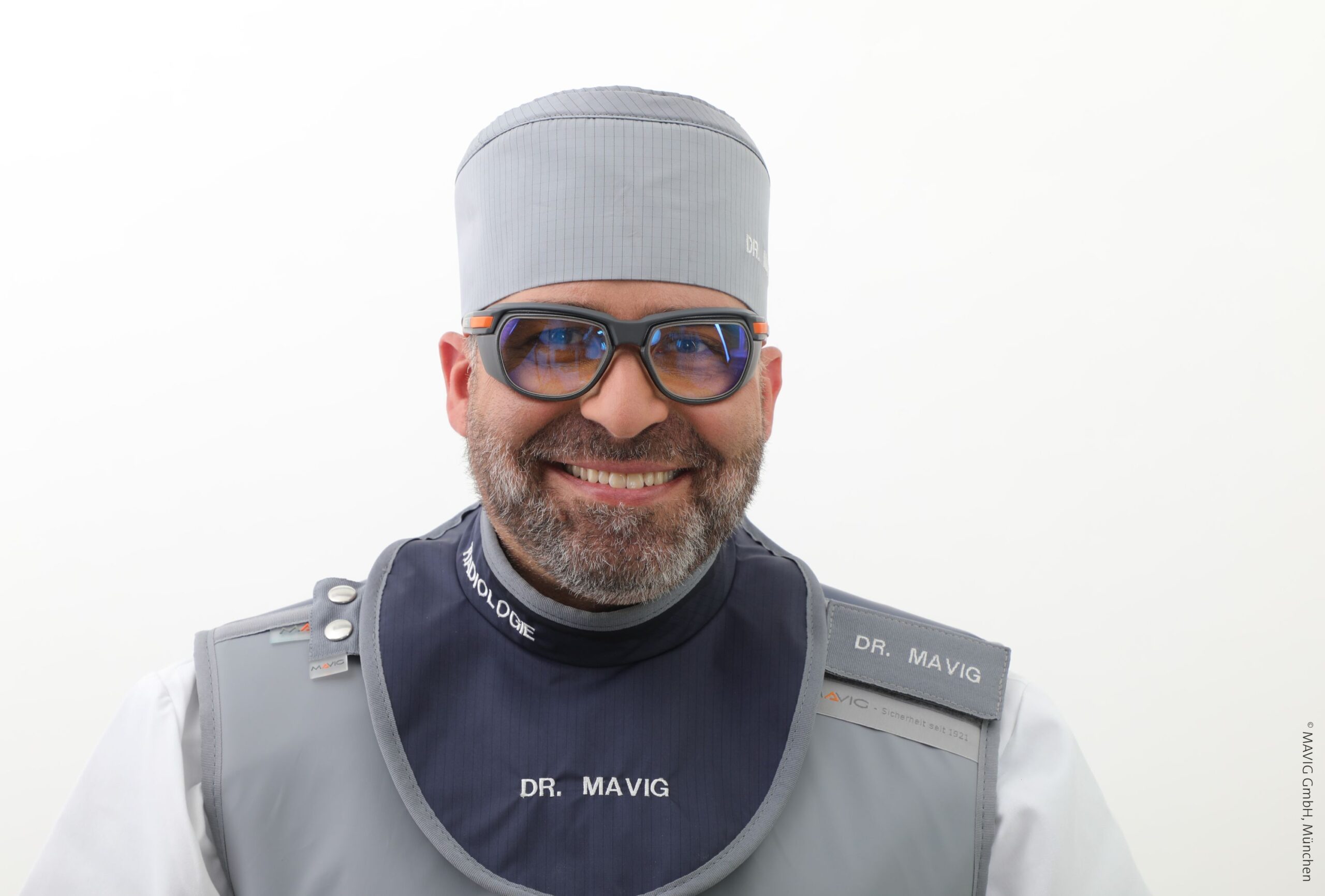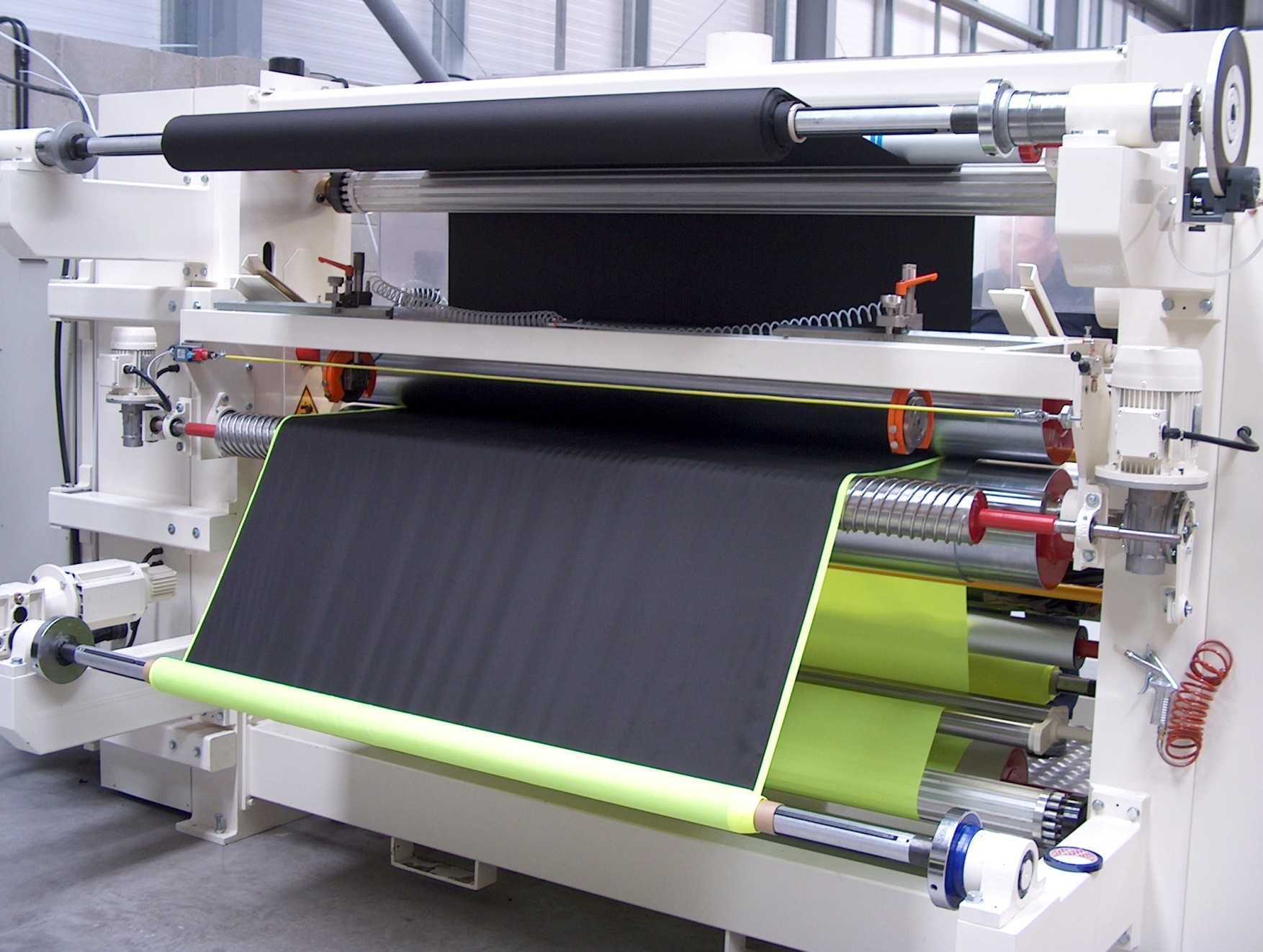By Ganesh Srinivasan
The technical textile industry is undergoing a major transformation driven by sustainability, performance and innovation. At the forefront are Resil Textile Chemistries (RTC) and N9 World Technologies, which are setting new standards in advanced textile finishing through deep expertise in silicone and organic chemistries. Its expansion into waterborne polyurethane (WPU) dispersions and eco-friendly formulations reflects a strong commitment to combining high performance with environmental responsibility.

Polyurethane: The Backbone of Technical Textiles
Polyurethane (PU) coatings have become the cornerstone of technical textiles because of their superior durability, flexibility and resistance to water, abrasion, and chemicals. Today, PU accounts for nearly 63% of all textile coatings – far outpacing alternatives such as PVC, silicone and acrylic dispersions. The chemistry allows precise tuning of elasticity, waterproofing and chemical resistance, making PU indispensable in protective clothing, outdoor gear, automotive interiors and medical textiles.
Among PU technologies, waterborne polyurethane dispersions are gaining strong momentum. They currently hold 35-40% of the PU coatings market and are growing faster than solvent-based systems, driven by stricter VOC regulations and rising demand for sustainable materials.
Waterborne vs. Solvent-Based: A Shift in Performance and Priorities
Traditionally, solvent-based PU coatings dominated the market with a 63-64% share in 2024, valued for toughness and adhesion. However, waterborne PUs now deliver comparable durability with far lower VOC emissions, making them the preferred choice for eco-conscious manufacturers. Their market share is expected to reach 45% by 2030, underscoring the industry’s transition toward greener chemistry.
Versatile and Sustainable Application Techniques
Waterborne PU coatings offer flexibility in application, allowing performance and sustainability to work hand in hand:
- Direct coating: Produces uniform, impermeable films ideal for dense fabrics like airbags and rainwear.
- Foam coating: Yields lightweight, breathable, cushioned finishes while reducing chemical use and waste.
- Wet coating: Ensures strong adhesion on complex surfaces, with higher water and chemical consumption.
- Spray and lamination: Enables lightweight or patterned textiles with customised performance.
Hydra Series: Advanced Thermoactivated PU Finishing Agents
The HydraFeel, HydraLon, HydraSuper, HydraMeta, HydraPol and HydraCon range from RTC and N9WTPL offers water-based polyurethane finishes designed for cellulosic, polyamide and synthetic blended fabrics. The series offers products from 15% to 100% active WPU for diverse applications. Resil and N9WTPL also develop customized PU finishes and coatings by chemically modifying the hard and soft blocks of polyurethane, co-created through strategic customer partnerships.
Innovations Driving Next-Generation Textiles
Resil and its subsidiary N9WTPL continue to expand their portfolio of sustainable textile chemistries, including:
- Fluorine-Free Finishes (PUREPEL & GREENPEL Series): Offer high liquid repellency verified by rigorous testing. PUREPEL FF, USDA BioPreferred-certified, is a fluorine-free water repellent technology suitable for cellulosic and as well as synthetic fibres like polyester and nylon.
- Bio-Based Resins (BIORESIN): Derived from natural oils with zero formaldehyde emissions and over 90% biodegradability.
- Antimicrobial Technologies: ProTecht SLP PRO-FRESH is US EPA, EU BPR, Oeko-Tex Eco Passport, and ZDHC approved, while EarthMint holds EU BPR, GOTS, USDA BioPreferred, bluesign, and ZDHC approvals.
Both technologies effectively neutralise odour-causing bacteria, delivering long-lasting freshness and hygiene across textile applications. - Bio-based Moisture-Activated Cooling (BIOKOOL) and Vitamin-E Enhanced Textiles (VITATEX-E): Enhance wearer comfort with sustainable, skin-friendly technologies.
- UV Protection (SOLADEL UV ULTRA): Offers high-performance UV protection through eco-friendly chemistry that safeguards skin without compromising breathability or aesthetics.
- Odour Control Technology (ODOREL): A novel, non-biocidal odour neutraliser that’s biodegradable (>70%) and metal-free, reducing the need for rewashing and conserving resources.
- BIOLUXE: A bio-based (coconut-derived) silicone copolymer, that serves as an advanced surface handle enhancer for textiles. USDA BioPreferred approved, it provides superior softness and hydrophilicity, ensuring a luxurious, eco-friendly fabric feel.
- ProTecht PAO and ProTecht PMM: ProTecht PAO is a plant-based anti-odour technology and ProTecht PMM is a plant-based moisture management technology. Both are suitable for all fibre types.
Market Outlook: The Future of Functional Sustainability
Waterborne PU coatings are rapidly expanding into outdoor apparel, sportswear, medical textiles, automotive interiors and industrial fabric segments due to their balance of functionality and environmental performance. Future innovations in bio-based, biodegradable and smart PU materials – offering shape-memory, thermal regulation and enhanced comfort – are set to redefine the capabilities of technical textiles.





